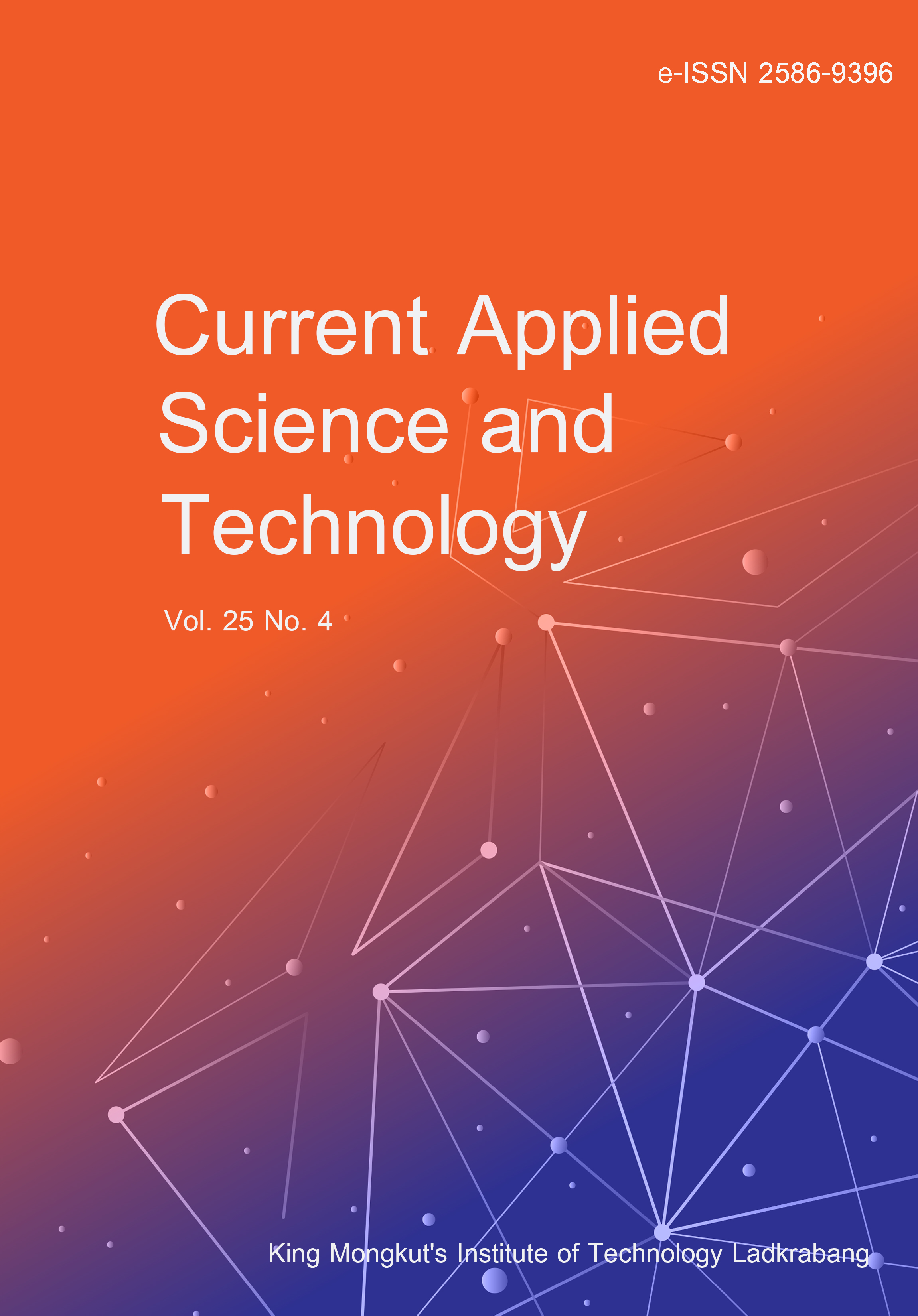This study was conducted at Al-Karamah Research Station - National Agricultural Research Center in the Jordan Valley, the Hashemite Kingdom of Jordan during the 2021/2022 growing season to investigate the impact of grafting on crop productivity and fruit quality parameters of a commercial pepper variety (Passion) using three pepper local landraces as rootstocks under salinity stress conditions. A split-plot experimental design system was used, where two salinity levels were the main plot treatments (2.0 dS m-1 and 4 dS m-1), and four sub-plot treatments were grafting combinations (JO 204 X Passion, JO 207 X Passion, JO 109 X Passion, and Passion as a non-grafted control treatment). Pepper productivity, total phenols, antioxidant enzyme (SOD) content, chlorophyll content in leaves, and plant leaf and root tissue minerals content were measured. The results revealed that grafting using landrace rootstocks mitigated the negative effects of salinity on nutrient uptake, accumulation, and distribution. All plants exhibited increased Na+ content under salt stress but non-grafted plants exhibited higher accumulation of toxic ions under salt stress. Moreover, salt-tolerant pepper rootstock landraces selectively absorbed higher K+ and Ca +2 ion levels than non-grafted plants. In addition, peppers grafted onto landraces exhibited enhanced antioxidant content and less oxidation stress measured as the content of MDA. All this led eventually to better productivity and fruit quality of the grafted pepper plants. Pepper Landrace (JO 207) was identified as a promising salt-tolerant accession, holding potential for future utilization in the production of grafted pepper seedlings.
Mazahrih, N. ., Talhouni, M. ., Hamdan, H. ., Ayed, B. ., Saadeh, J. ., Hairy, M. ., & Awamleh, N. . (2025). Influence of Grafting on Crop Productivity and Performance Using Pepper Landrace Rootstocks Under Salinity Conditions. Current Applied Science and Technology, e0260115. https://doi.org/10.55003/cast.2025.260115


https://cast.kmitl.ac.th/doi/10.55003/cast.2025.260115